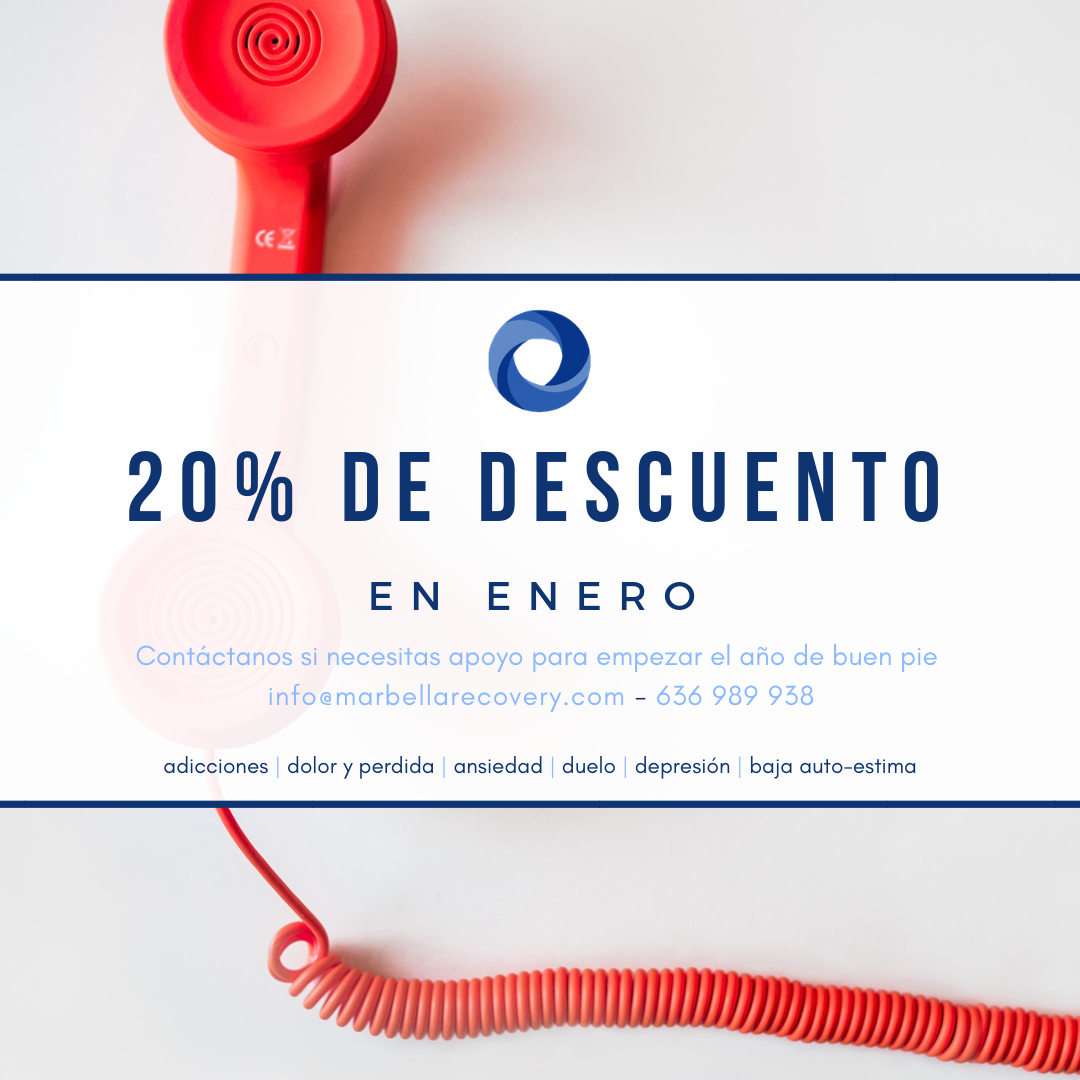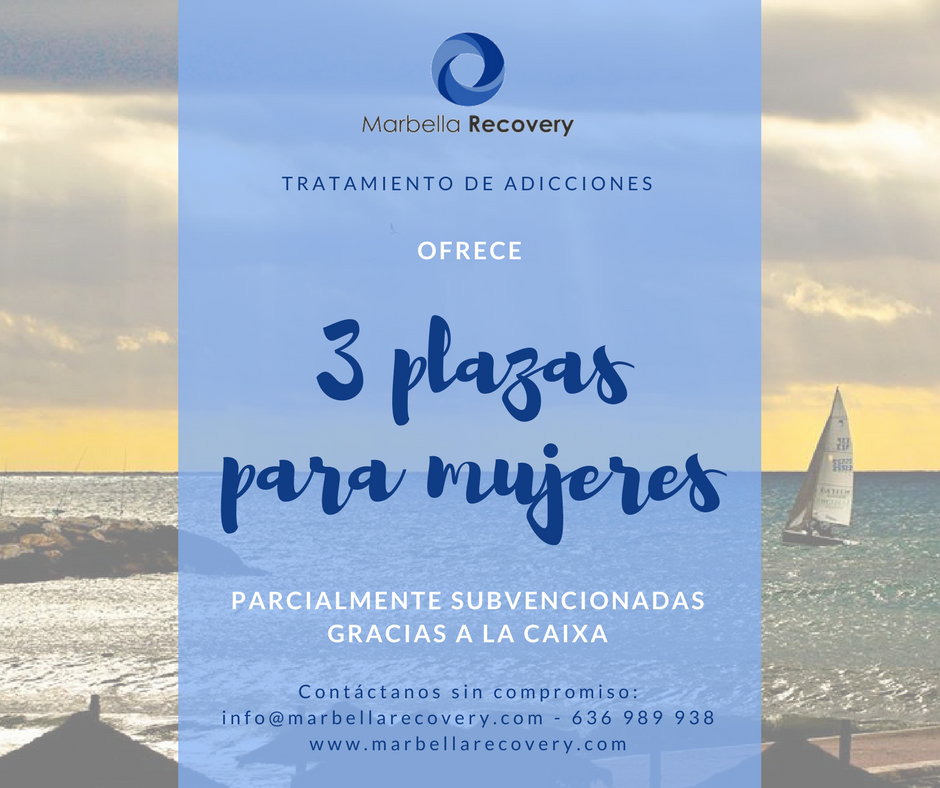The Minnesota Model
As the name suggests the Minnesota Model originated in Minnesota under the Hazelden Foundation. The programme initially started as a type of ‘guest house’ for alcoholics which at the time was revolutionary. The programme for treatment revolved around responsible behaviour, attending 12 step meetings at AA, interacting with other patients and abstaining from alcohol consumption. The overall aim was to encourage addicts to move from a “life of isolation to a life of dialogue”.
During the 1950’s and 60’s the programme continued to expand and recognise firstly alcoholism and later addiction in general as a primary condition, which is a disease with multiple phases, where treatment should take into account the physical, mental and spiritual aspects.
As the Minnesota Model became more established is began to incorporate many different professionals into the programme, working as together as teams to treat the various different facets of addiction. Today the Minnesota Model is one of the most successful treatment models for addiction and is the basis of our treatment programme at Marbella Recovery.
The Minnesota Model supports participation in AA meetings which follow the 12 steps. The 12 step programme originates from Alcoholics Anonymous (AA). The original 12-step model was developed by the founder of AA, Ben Wilson. Now there are many offshoots of AA including Narcotics Anonymous (NA), Gamblers Anonymous (GA), Sex Addicts Anonymous (SA) to name a few.
The 12 Steps
The fundamental concept behind the 12 step programme is that people can provide support and help each other to abstain from their addictions to substances or behaviours. Meetings are held where members can share their experiences and provide mutual support in the process of recovery. Studies have shown that this group support process encourages positive mental health and aids recovery along with complete abstinence from substances or behaviours compared to people who did not abstain completely or follow this model.
The step by step model which the 12 step programme provides gives addicts a useful framework to follow encouraging the change of old behavioural patterns and development of new emotional practices and management tools. The original 12 steps found in AA’s Big Book are:
- Admitting powerlessness over the addiction
- Believing that a higher power (in whatever form) can help
- Deciding to turn control over to the higher power
- Taking a personal inventory
- Admitting to the higher power, oneself, and another person the wrongs done
- Being ready to have the higher power correct any shortcomings in one’s character
- Asking the higher power to remove those shortcomings
- Making a list of wrongs done to others and being willing to make amends for those wrongs
- Contacting those who have been hurt, unless doing so would harm the person
- Continuing to take personal inventory and admitting when one is wrong
- Seeking enlightenment and connection with the higher power via prayer and meditation
- Carrying the message of the 12 Steps to others in need
The emotional tools which the 12 step model tries to provide include:
- Recognition and acceptance that you have a problem with an addiction.
- Surrender that your addiction exists and that you need to seek help externally.
- Self-observation and auto awareness of behaviour patterns caused by the addiction, in addition to new behaviours to help encourage self-restraint and control.
- Practice of self control and at the same time build self-esteem by fostering positive capabilities.
- Accepting one’s self and your ability to change your behaviours.
- Compassion, for others who have been affected by addiction and those who also struggle with addiction
- Management tools that make the process of recovery a continual and ongoing practice throughout one’s life.
It is clear that the combination of the Minnesota Model supported by the 12 step programme is beneficial and effective in the recovery from an addiction. At Marbella Recovery this forms the backbone of our programme. Contact us if you would like more information.
With the summer holidays upon us this can be a dangerous time of year for many addicts, a change of environment and routine can make it difficult to make time for yourself and continue working on your recovery. Here is a list of some common signs which might signify your are about to relapse and act as a warning signal that you should seek support.
The best way to work through the list is to give specific examples of each, either in the past or present and think about the points which you identify with.
Signs You Might Be About to Relapse
1) Frequent tiredness due to your lifestyle, work or physically.
2) Dishonesty – Small mistruths and lies, making up excuses.
3) Impatience – When things do not happen at the speed you would like and others do not do what you think they ‘should’ be doing.
4) Argumentativeness – Constant and forceful discussion over small details of points of view, including about drugs, games or any other addiction.
5) Depression – Feeling unreasonably desperate.
6) Frustration – With people of places which you cannot enjoy.
7) Self-pity – Why did this have to happen to me? Why am I like this?
8) Overconfidence – Believing that you have achieved everything possible and not respecting your illness, placing yourself in risky situations.
9) Complacency – Thinking that everything is ok, forgetting the past and negative consequences.
10) Hoping for too much from others – If I’ve changed why hasn’t everybody else?
11) Using another substance or behaviour which affect your state of mind which are different to your original addiction (cross-addiction).
12) Very high personal expectations – Aiming for goals which require a lot of effort and time, “happiness is not having what you want, but wanting what you have”.
13) Forgetting who you become when you consume or permit your character defects, neglecting to be thankful just for today.
14) Blaming yourself when you do not achieve a change.
15) Thinking that the substance or behaviour is a reward, which you deserve or need at certain points in time.
If you identify with these danger signs and need some extra help and support to prevent a relapse, contact us at Marbella Recovery and we will be happy to help.
At Marbella Recovery we are offering 3 treatment places for women suffering from problems with addiction, partially subsidised thanks to the collaboration of La Caixa. If you need help with problems with substance or behavioural addiction contact us and let us help you.
At our ambulatory treatment centre at Marbella Recovery we offer a treatment program for all types of addiction based on the Minnesota Model and the 12 steps complemented by alternative therapies such as coaching, mindfulness and nutrition advice.
Our multidisciplinary team offers a broad experience in the field of addiction treatment and we also offer therapies in a range of languages, including Spanish, English, German and Dutch.





Recent Comments